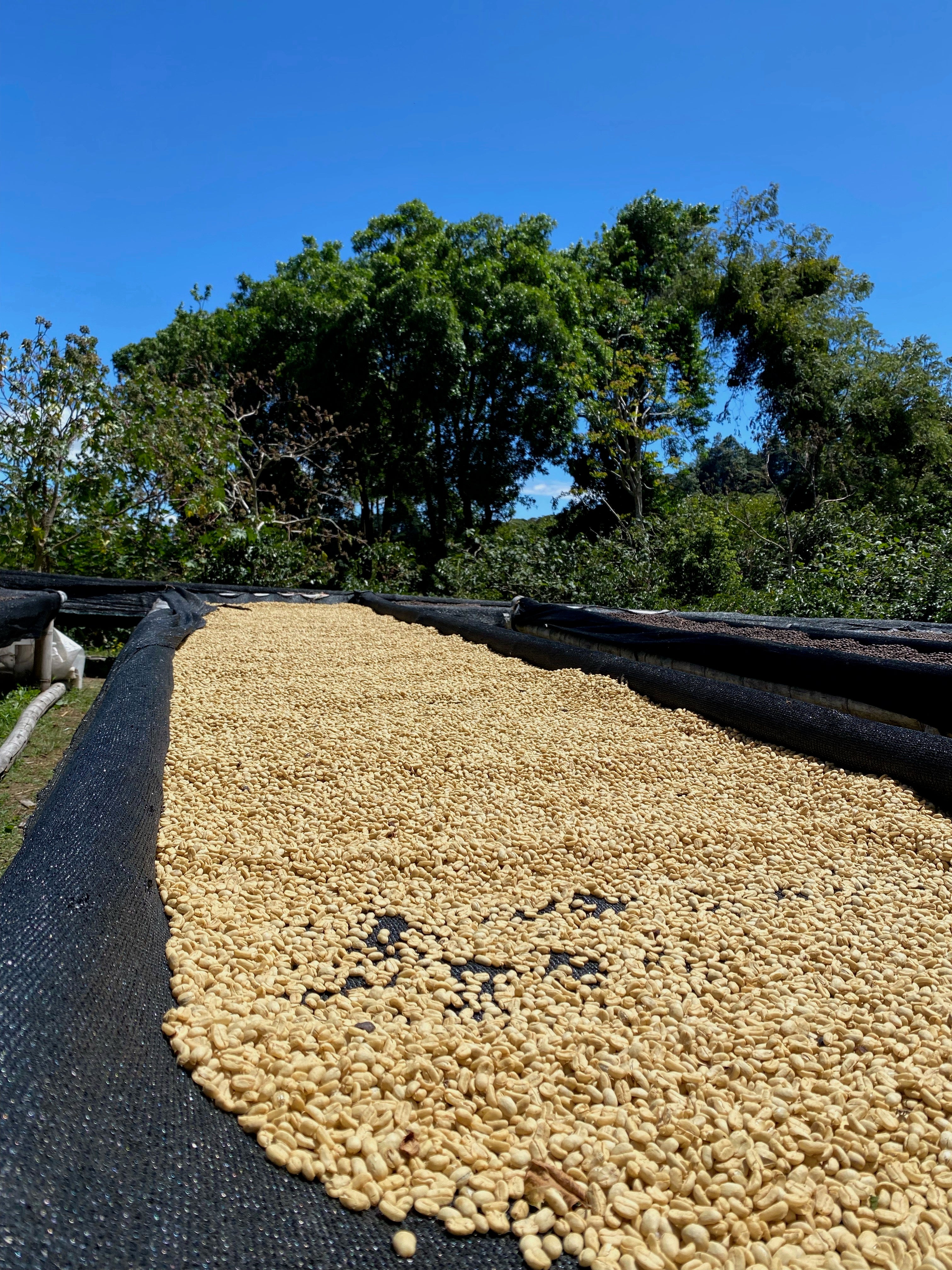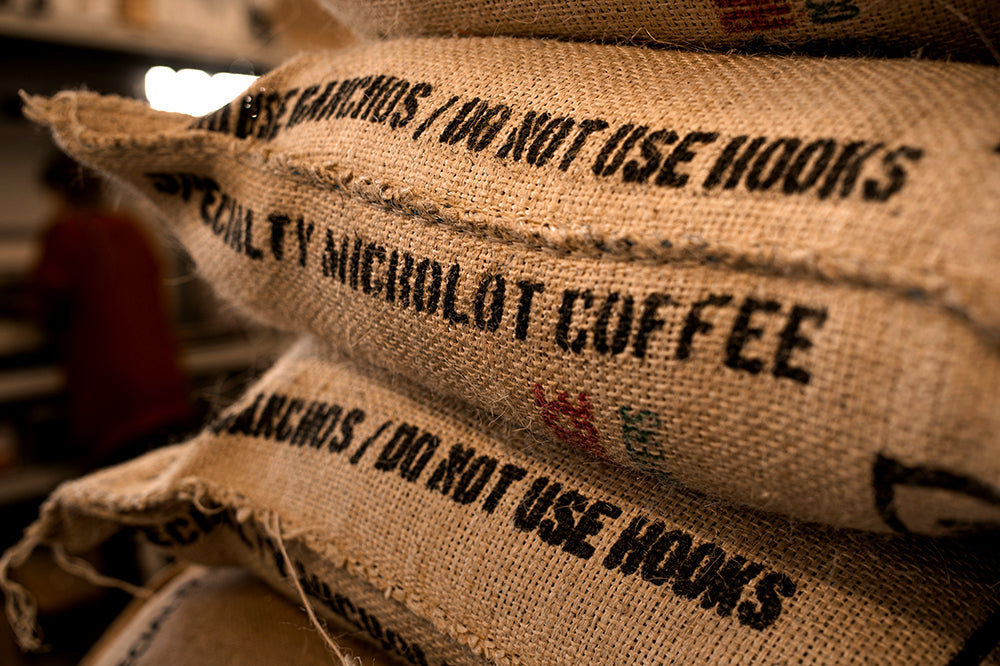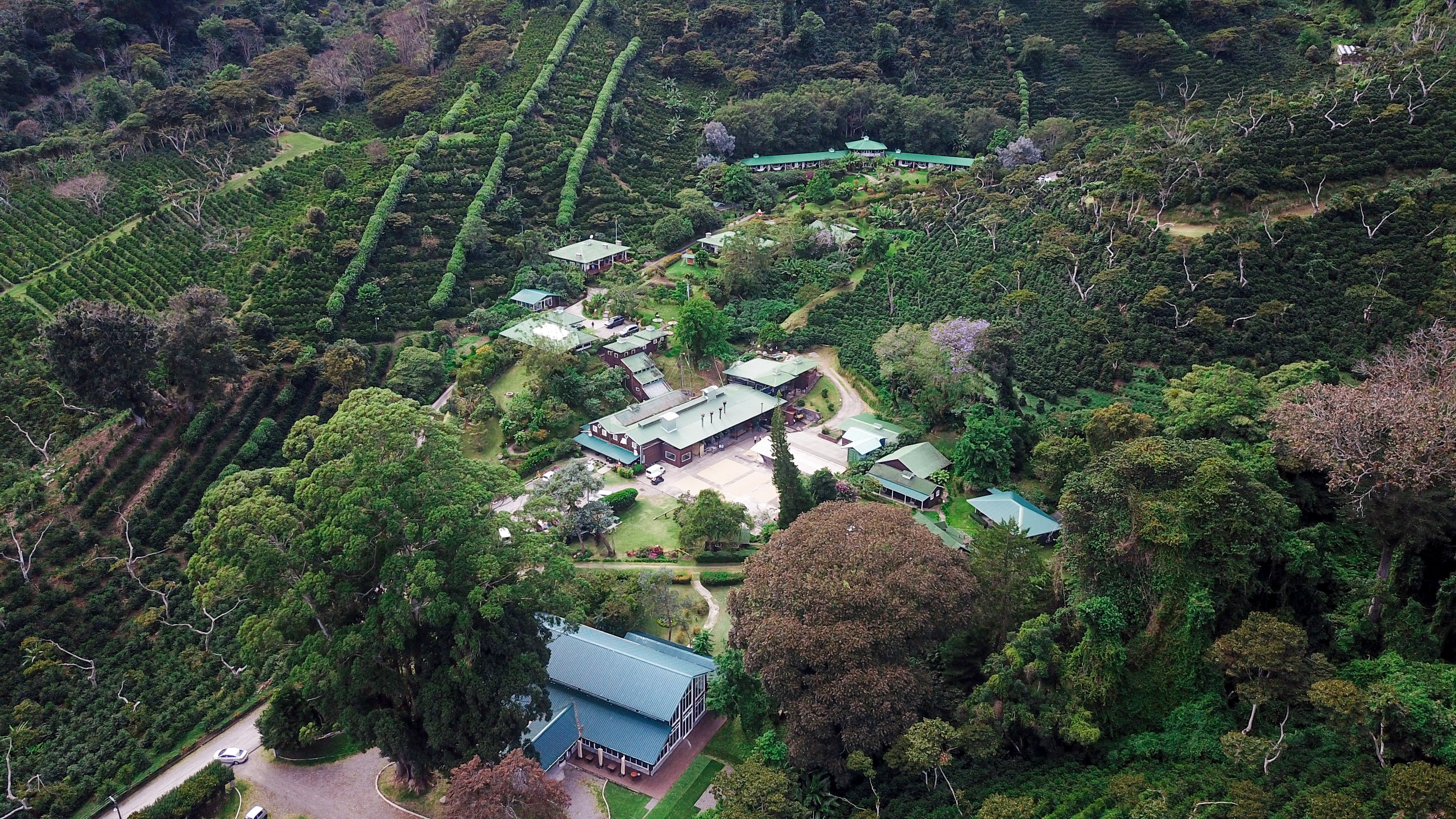Article: UNVEILING THE ESSENCE: THE DIFFERENCE BETWEEN WASHED AND NATURAL COFFEE PROCESSING

UNVEILING THE ESSENCE: THE DIFFERENCE BETWEEN WASHED AND NATURAL COFFEE PROCESSING
In the world of coffee, the journey from the cherry on the tree to the brewed cup involves intricate processes that greatly influence the final flavor profile. Two prominent methods of processing coffee beans, known as washed and natural processing, stand out for their distinct approaches. Let's delve into the nuances that set washed and natural coffees apart, exploring how each method contributes to the unique characteristics found in your favorite cup.
Washed Coffee: A Symphony of Cleanliness
Washed coffee, also referred to as wet-processed coffee, is a meticulous and controlled method that starts with the careful selection of fully ripe cherries. The process involves depulping the cherries to remove the outer skin, followed by a fermentation stage to eliminate the mucilage clinging to the beans. The beans are then thoroughly washed, dried, milled, and sorted.
-
Flavor Profile: Washed coffees are renowned for their clarity of flavor, bright acidity, and a well-defined aroma. The removal of mucilage during fermentation contributes to a clean and crisp taste, allowing the inherent characteristics of the coffee bean to shine through.
-
Acidity: Washed coffees often showcase a higher acidity level, which lends a lively and vibrant quality to the cup. This acidity can range from citrusy and fruity to more nuanced notes, depending on the coffee's origin.
-
Processing Time: The washed process generally requires less time than natural processing, allowing for a quicker turnaround from harvest to cup.
Natural Coffee: Harnessing Nature's Complexity
Natural coffee, or dry-processed coffee, takes a different path in the processing journey. Ripe cherries are carefully selected, but instead of immediate depulping, the entire cherry is laid out to dry with the beans inside. This extended drying process allows the beans to absorb flavors from the surrounding fruit.
-
Flavor Profile: Natural coffees are known for their complexity and intense flavors. The prolonged contact with the fruit during drying imparts unique characteristics, often presenting as fruity, wine-like, or fermented notes. The resulting cup is rich and full-bodied.
-
Body: Natural coffees tend to exhibit a fuller body and a heavier mouthfeel compared to their washed counterparts.
-
Acidity: While not universally true, natural coffees often display lower acidity, providing a different balance that appeals to those who prefer a smoother cup.
The choice between washed and natural processing is not just a matter of preference; it's a celebration of diversity. The meticulous and controlled journey of washed coffee results in a cup that is clean, bright, and lively. On the other hand, natural coffee, with its extended interaction with the fruit during drying, offers a symphony of complex and intense flavors. The diversity of processing methods enriches our coffee experience, inviting us to explore and appreciate the myriad flavors the world of coffee has to offer.







